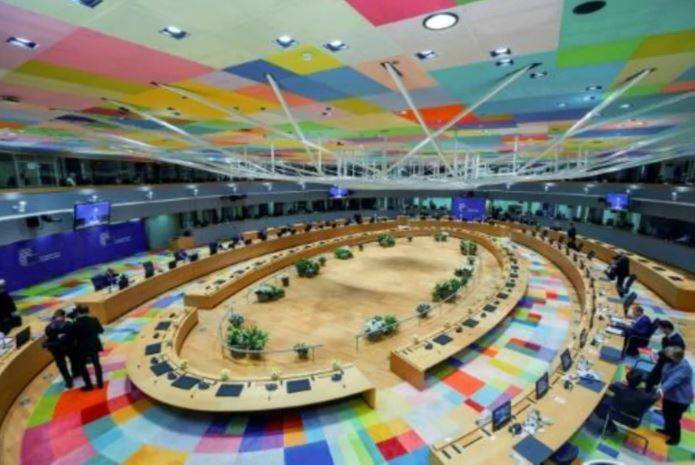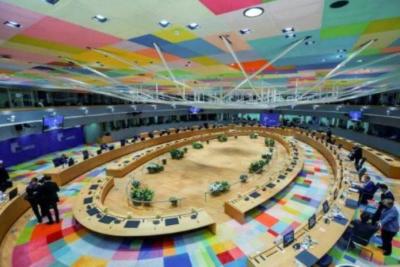The 27 EU member states have completed the parliamentary approval process for a recovery plan worth 672 billion euros, established by the bloc to overcome the economic consequences of the COVID-19 pandemic, following the approval by the parliaments of Austria and Poland on Thursday. European Commissioner for Budget Johannes Hahn tweeted that "with the positive votes from the Austrian and Polish parliaments today, the 27 member states have concluded the parliamentary approval process."
With 672 billion euros in grants and loans to member states, this mechanism—funded for the first time through joint borrowing—embodies European solidarity in the face of the pandemic. The implementation of the plan, which was reached in July 2020 after difficult negotiations, has often faced criticism for its slow pace. First payments are expected by the end of July to finance investment projects for member states in green and digital transitions.
The ratification by the 27 countries was essential to borrow the necessary funds from the markets, as any missing signature could have hindered the project. Each EU member state can submit an investment plan linked to structural reforms to Brussels. So far, 19 out of 27 countries have submitted their plans to the Commission, which has two months to review and approve them. The European Council, representing the member states, will then have one month to give its approval.
European Commission Vice President Valdis Dombrovskis stated during a meeting in Lisbon on Saturday, "The goal is to start disbursing funds this summer," promising that his office "will try to accelerate the evaluation process a bit." He added, "We are working as quickly as possible, but these are complex assessments." Spain and Italy are expected to be the main beneficiaries, receiving around 70 billion euros each, followed by France at approximately 40 billion euros. The funds are intended to finance projects related to building thermal renovations, railways, electric vehicle charging stations, high-speed communications networks, and data storage infrastructure.




